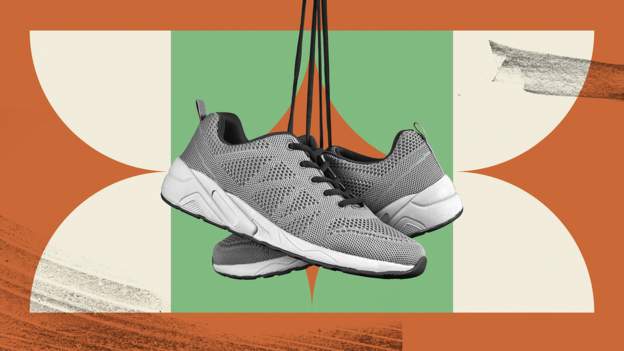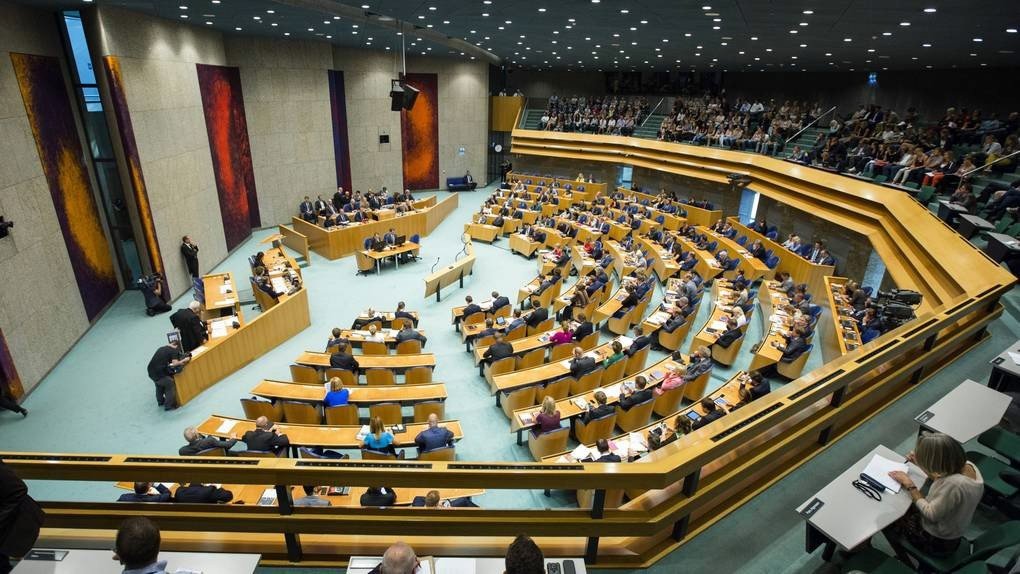Sports
‘Damned if you do, damned if you don’t’ – sportswomen on trans debate

More than 100 elite British sportswomen have told the BBC they would be uncomfortable with transgender women competing in female categories in their sport.
But many have expressed fears over sharing their opinion publicly because of concerns they would be seen as discriminatory.
One told the BBC “your career is over” if you speak on the subject, while another said: “You can receive abuse if you support it or don’t support it. Damned if you do, damned if you don’t.”
There were also feelings that there “should be a place in sport for transgender people” and calls for more research and open categories in sports.
Over the past couple of years, a raft of sports have banned transgender women from competing in elite women’s sport because of concerns.
The latest findings come from a BBC study of elite British sportswomen, which also covers topics including the cost of living, social media trolling, maternity in sport and disordered eating.
Among the concerns from athletes was that having transgender women in female categories was like “going back in time and putting women at the bottom of the pile again”, and that it created an “unfair playing field” and could be “harmful”.
For the study, a questionnaire was sent to 615 athletes, including any applicable transgender athletes, in 28 sports.
There were 143 responses to the study overall. This means that while those uncomfortable on transgender participation in elite women’s categories outnumbered those comfortable by 10 to one from the respondents, the results cannot be taken as representative of how elite British sportswomen feel across the board.
However, it is the largest public study to date in the UK revealing elite athletes’ views on the issue.
In a statement to BBC Sport, sports minister Stuart Andrew said: “When it comes to the participation of transgender athletes in competitive sport, I firmly believe that fairness has to be the primary consideration.
“I continue to work closely with sport governing bodies to ensure clear direction is in place that shows compassion to all athletes, whilst protecting the integrity of women’s sport.”
It is the fourth time BBC Sport has conducted research on elite British sportswomen, with results also published in 2013, 2015 and 2020.
In the debate surrounding the inclusion of transgender athletes, many argue that transgender women should not compete in elite women’s sport because of any physical performance advantages they may retain – but others argue that sport should be more inclusive.
The debate centres on the balance of inclusion, sporting fairness and safety in women’s sport – essentially, whether transgender women can compete in female categories without an unfair advantage.
What did the study find?
The questionnaire was sent to British sportswomen above the age of 16 who compete for their country in senior sport, or at the highest level in their sport at top club level.
In total, 104 athletes said they feel “uncomfortable” or “very uncomfortable” about transgender women competing in the female category in their sport. Only 11 said they feel comfortable or very comfortable.
Asked how they would feel speaking publicly on the topic, 96 said they felt uncomfortable or very uncomfortable.
Athletes completed the questionnaire anonymously but could leave their contact details if they were happy to speak further to a BBC Sport journalist. The athletes who responded included Olympians and Paralympians.
‘Putting women at the bottom of the pile’
Many of the athletes who responded to the questionnaire and spoke to BBC Sport cited concerns around protecting women’s sport, while others referred to the potential physical advantages transgender women retain from going through male puberty.
There is limited research into what effect transitioning can have on an athlete – because there are so few transgender athletes, and even fewer in elite sport. However, studies are currently under way.
“Putting them in women’s sport is literally like going back in time and putting women at the bottom of the pile again and having to rebuild women back up again,” an athlete said.
Other comments included:
- “It makes it too much of an unfair playing field, regardless of what sport you are competing in.”
- “We are in a position of just trying to get that momentum and just trying to get female sport on a level playing field with the men, and almost now feel that there’s decisions being made… and we’re being marginalised again.”
- “I think allowing transgender athletes to compete in women’s sport would be the end. It would be like going back in time.”
In 2021, an 18-month review developed by Sport England, Sport Scotland, Sport Northern Ireland, Sport Wales and UK Sport concluded that “testosterone suppression is unlikely to guarantee fairness between transgender women and natal females in gender-affected sports”.
It also said that there are “retained differences in strength, stamina and physique between the average woman compared with the average transgender woman or non-binary person registered male at birth”.
However, last year, Loughborough University researcher Joanna Harper – who is a transgender woman herself – told BBC Radio 5 Live it “isn’t clear” how much athletic advantage transgender women retain.
Transgender people should have ‘a place in sport’
“I care a lot about inclusion and equality and as such want transgender people to be treated with respect and kindness,” an athlete told BBC Sport.
“Whilst I acknowledge that their inclusion in high-performance sport can be a complex and certainly contested topic, I also feel that transgender women have been unfairly targeted.”
In 2022, British Triathlon became the first British sporting body to establish an open category in which transgender athletes can compete.
Several of the athletes BBC Sport spoke to called for open categories to be established in their sports, not wishing to restrict transgender athletes from competing entirely.
“I believe sport should be for all so there should be a place in sport for transgender people, but not at the detriment of fair competition,” one athlete said, with another adding: “I’d never wish for anyone to not be able to participate.”
“I wholeheartedly feel transgender athletes should be represented in sport, but within their own divisions,” said another.
What is the current situation?
World Athletics, World Aquatics, World Rugby and the International Cricket Council are among the international governing bodies that have banned transgender women from competing in the female category at international events.
National governing bodies in the UK that have banned transgender women from competing in the female category include British Cycling, the Rugby Football Union and UK Athletics.
The Football Association and the England and Wales Cricket Board both currently require transgender women to apply to compete in the female category and review their applications on a case-by-case basis.
According to 2021 census data, 0.1% of the population of England and Wales identified as transgender women, with the same number identifying as transgender men.










